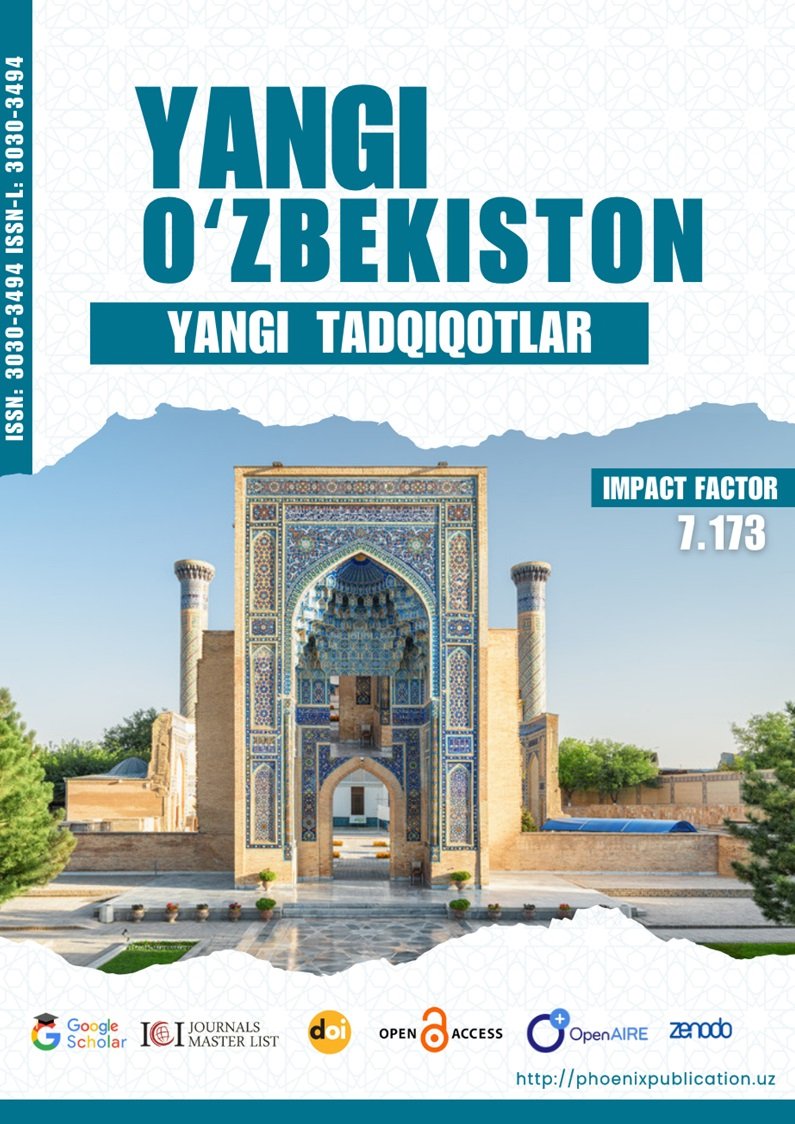Abstract
This article explores the linguocultural representation of hospitality in English and Uzbek proverbs. Hospitality, as a universal human value, finds diverse linguistic manifestations shaped by cultural traditions and historical experiences of nations. The study analyzes selected proverbs from both languages, identifying semantic parallels and national specificities that reflect different social norms, worldview, and moral values. Using comparative and descriptive methods, the research reveals how hospitality in English proverbs is often associated with politeness, individual ethics, and social harmony, while in Uzbek proverbs it embodies collectivism, generosity, and sacred respect toward guests. The findings demonstrate that proverbs serve as valuable mirrors of cultural mentality and social philosophy, highlighting the deep connection between language and culture.References
1. Kramsch, C. (1998). Language and Culture. Oxford University Press.
2. Wierzbicka, A. (1997). Understanding Cultures through Their Key Words. Oxford University Press.
3. Mieder, W. (2004). Proverbs: A Handbook. Greenwood Press.
4. Jo‘rayev, S. (2010). O‘zbek maqollari va xalq donoligi. Toshkent: Fan nashriyoti.
5. Tursunova, N. (2018). Linguokulturologik tahlil asoslari. Toshkent: Universitet nashriyoti.
6. Karimova, D. (2020). Comparative Study of English and Uzbek Proverbs. Journal of Philological Studies, 4(2), 65–72.
7. Paremiological Dictionary of English Proverbs. (2015). Cambridge University Press.
8. O‘zbek xalq maqollari to‘plami. (2019). Toshkent: Adabiyot va san’at nashriyoti.
